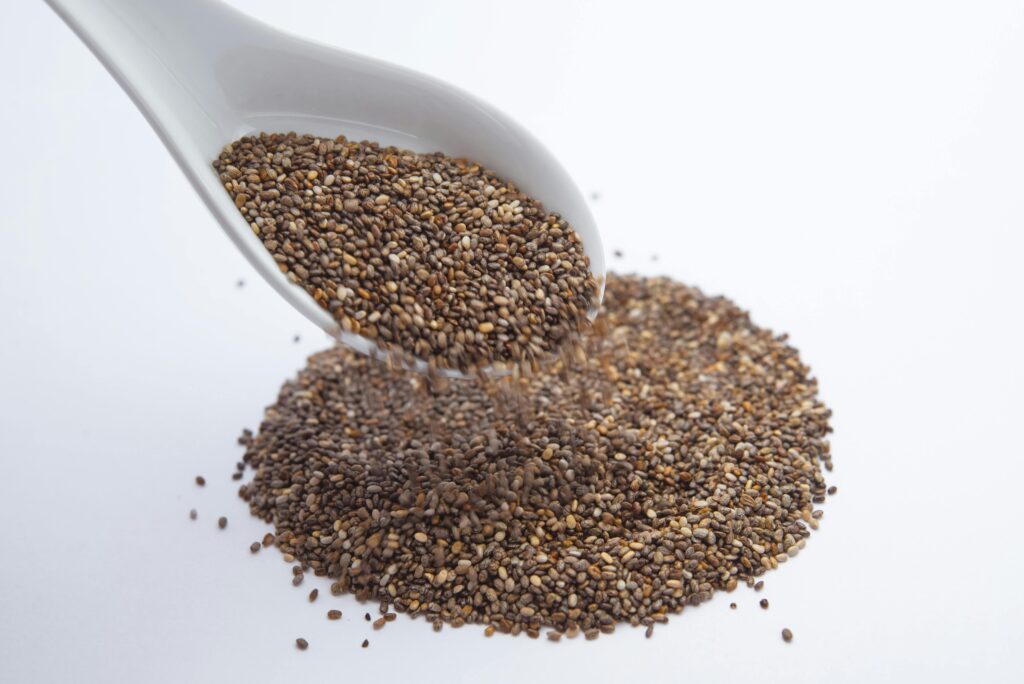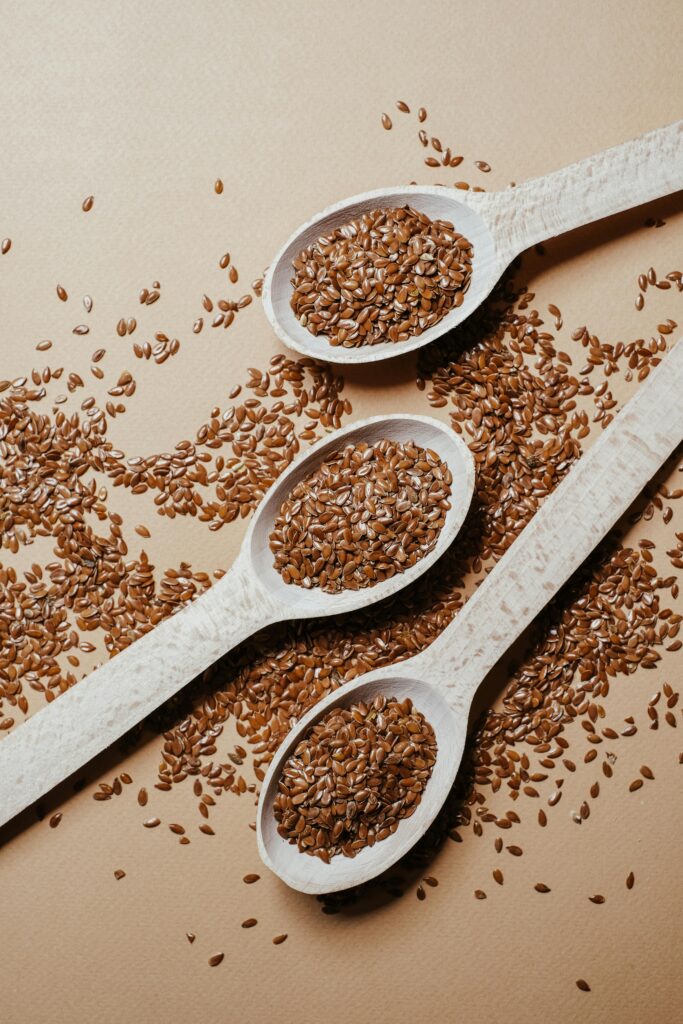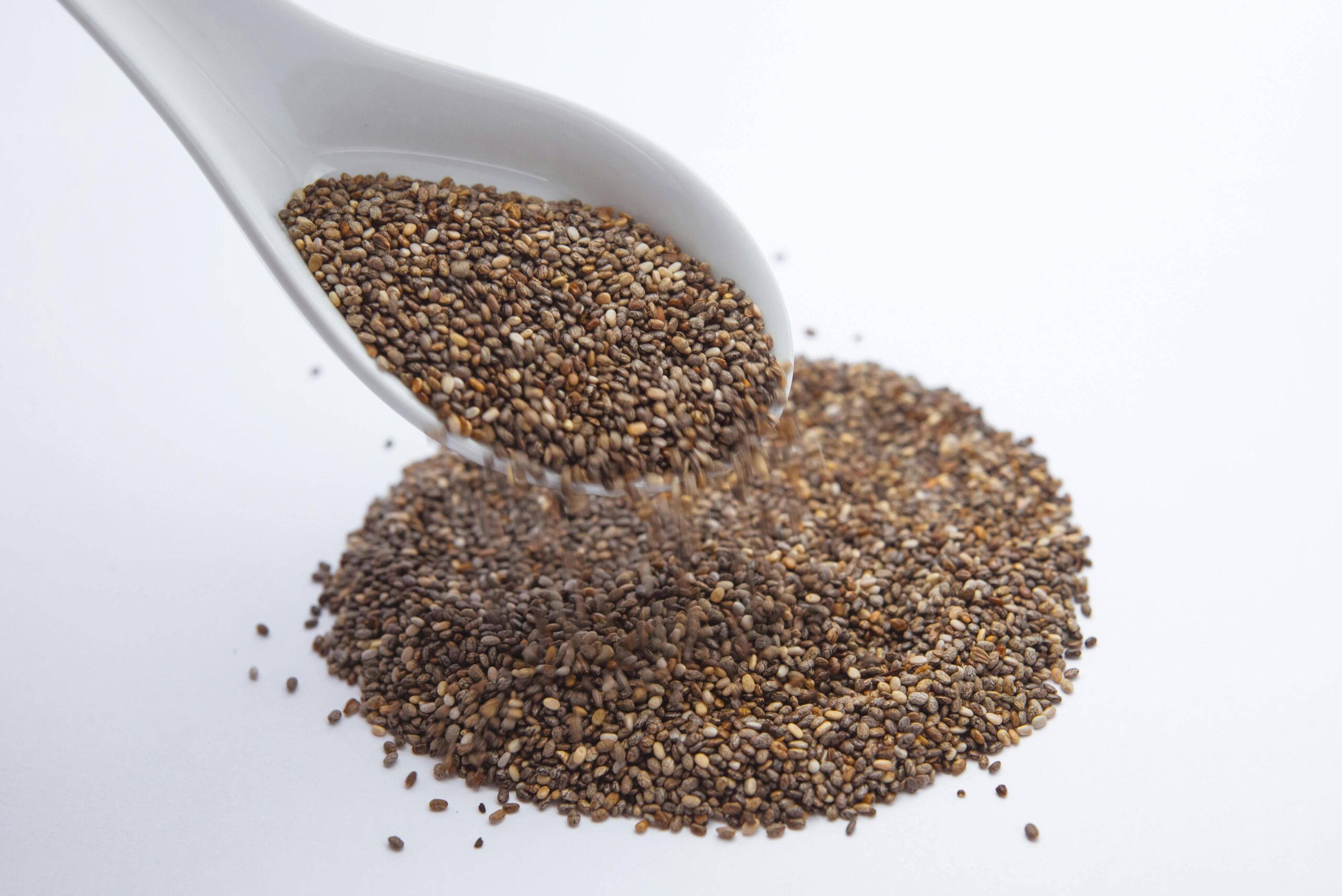
Many health enthusiasts swear by chia seeds not just for their versatility, but also for their dense nutritional value. But what exactly makes these tiny seeds such a sought-after addition to a healthy diet? While you may have heard plenty about their omega-3 content and fiber, there’s a lot more to chia seeds than meets the eye.
Let’s break down what chia seeds bring to the table and why they are one of the best foods you can incorporate into your daily routine.
What are Chia Seeds?
Chia seeds come from the plant Salvia hispanica, which was a staple in the diet of the Aztecs and Mayans. They’ve been used for centuries, valued for their ability to provide long-lasting energy. In fact, the word “chia” comes from the Mayan word for “strength.” Fast forward to today, chia seeds have become a trendy superfood due to their dense nutritional profile and wide use in recipes like chia puddings, smoothies, and as an egg substitute.
Though chia seeds are famous for their omega-3s, their actual benefit goes beyond that, especially if you understand more about the differences in omega-3 types.
Understanding Omega-3s in Chia Seeds
Omega-3 fatty acids have a well-known reputation for supporting heart health, reducing inflammation, and even improving brain function. You’ll often hear that chia seeds have more omega-3s gram for gram than salmon, but this can be misleading if you don’t dig into the details.
The Difference Between ALA and DHA
Omega-3s come in different forms, and not all are created equal. Salmon and sardines, for example, contain high levels of DHA (Docosahexaenoic Acid), an active form of omega-3 that provides anti-inflammatory benefits and supports brain and heart health. When people gush about “the benefits of omega-3s,” they’re generally talking about DHA.
On the other hand, chia seeds are packed with ALA (Alpha-Linolenic Acid), a precursor to DHA. The body converts ALA to DHA—but here’s the kicker: the conversion rate from ALA to DHA is incredibly low, averaging around just 0.5%. Simply put, even though chia seeds have a lot of ALA, your body won’t convert enough of it to provide the same level of DHA found in fish.
Comparing Omega-3 Sources
While chia seeds are a great plant-based source of ALA, you can’t rely on them alone to meet your DHA needs unless you’re consuming a TON of them (which would be impractical). For true DHA benefits, fatty fish like salmon and sardines are still your go-to. But if you’re looking for plant-based omega-3s, chia seeds are a fantastic option to include in your diet, especially for those who don’t consume animal products.
Protein Content: Chia Seeds vs. Eggs
Protein is essential for building muscle, boosting metabolism, and supporting numerous bodily functions. But not all protein sources are equally effective.
Protein Content in Chia Seeds
Chia seeds offer about 4 grams of protein per serving (2 tablespoons), which isn’t bad. But comparing that to the gold standard—eggs—puts things into perspective. A single egg has around 6-7 grams of highly bioavailable protein.
Why Bioavailability Matters
Bioavailability refers to how easily your body can absorb and use the protein you consume. Animal-based proteins like those found in eggs rank very high on the bioavailability scale, meaning your body can use almost all the protein from an egg. On the other hand, plant-based proteins like chia seeds are lower in this regard, meaning your body absorbs less of the protein compared to an egg or fish.
So, while chia seeds contribute to your overall protein intake, don’t rely on them as your main protein source if your goal is to boost muscle, repair tissues, or optimize overall health. Eggs, meat, and fish remain superior in this arena.

The Nutritional Profile of Chia Seeds
Chia seeds contain more than just omega-3s and protein. They provide a range of useful vitamins and minerals:
- Vitamins: Including Vitamin E, Vitamin C, and multiple B vitamins
- Minerals: Calcium, phosphorus, potassium, and magnesium
These nutrients support everything from bone health to brain function. Studies even point to chia seeds being cardioprotective, helping to regulate blood pressure, and supporting mental clarity.
But despite all these impressive nutrients, the standout benefit of chia seeds is their soluble fiber content.
Soluble Fiber: The True Power of Chia Seeds
The most significant benefit of chia seeds comes from their soluble fiber. When you soak chia seeds in liquid, they absorb up to 12 times their weight in water, forming a gel-like substance. This gel isn’t just good for thickening your chia pudding; it’s transformative for your gut health.
Chia Seed Pudding Recipe
Making chia seed pudding is simple and delicious. Here’s a basic recipe:
Ingredients:
- 2 tablespoons of chia seeds
- ½ cup of unsweetened almond milk (or any liquid of your choice)
- Optional: Berries, kefir, Greek yogurt, coconut cream, and nuts for added flavor and nutrition
Instructions:
- Mix the chia seeds with almond milk.
- Stir the mixture and allow it to sit for a few minutes, then stir again until seeds expand and form a gelatinous consistency.
- Add your favorite toppings and enjoy!
The result is a nutrient-rich, fiber-packed meal that feeds your gut flora, provides energy, and satisfies you for hours.
How Soluble Fiber Affects the Gut
Soluble fiber acts as a prebiotic, feeding your gut bacteria so they can thrive and maintain a healthy balance in your microbiome. Your microbiome influences everything from digestion to mood, and soluble fiber helps ensure that the good bacteria in your gut have everything they need to do their jobs effectively.
If you suffer from inflammation in the gut, chia seeds’ fiber will soothe irritation and help keep things moving smoothly in your digestive tract, making them an excellent natural solution for constipation.
How the Gut Affects Your Mood & Energy
As research continues to uncover the gut-brain connection, it becomes clear that a healthy gut microbiome impacts more than just digestion. A well-fed microbiome can improve your mood, support consistent energy levels, and even contribute to mental clarity.
Chia seeds’ soluble fiber helps maintain this balance, keeping you feeling good from the inside out. Along with other gut-friendly foods like fermented vegetables (think sauerkraut, kimchi, and pickles), chia seeds are a valuable addition for supporting gut health regularly.
Polyphenols: Another Microbial Boost
Chia seeds also contain polyphenols, plant compounds that your gut bacteria love. These polyphenols further support microbial health, preventing inflammation, and contributing to overall health. The presence of polyphenols adds another reason why chia seeds are a potent food for those looking to enhance their gut health.
Overcoming Lectin Concerns
Lectins are naturally occurring compounds in many plant-based foods that can irritate the gut, especially if you’re already dealing with digestive inflammation. Some people are concerned about lectins in seeds, but chia seeds have very low levels of lectins, making them safe for most people to consume without worrying about gut irritation.
How to Use Chia Seeds Safely
An important thing to note is that you don’t need to grind chia seeds, unlike flaxseeds, to reap their full benefit. Simply soaking them in liquid is enough to unlock their potential, as the gel that forms provides everything your body needs.
Complementary Foods for Microbial Health
Beyond chia seeds, other foods that feed beneficial gut microbes include fermented veggies like sauerkraut, pickles, and kimchi. Incorporating these foods regularly—along with chia seeds—will keep your gut running smoothly, helping your overall health improve over time.
Final Thoughts on Chia Seeds’ Benefits
Incorporating chia seeds into your routine provides a range of benefits, particularly for your gut health. While they may not be the ultimate source of omega-3s due to their ALA content, they still offer immense value via their fiber, nutrients, and ability to feed your gut bacteria.
Whether you’re looking to improve gut health, regulate digestion, or add more plant fiber to your diet, chia seeds are a convenient and effective option. Keep adding them to your smoothies, yogurts, or puddings to make sure you’re fueling both your body and your gut for optimal health.
Remember, chia seeds aren’t a one-stop solution, but they are an excellent piece of the puzzle in maintaining a healthy, balanced diet.


